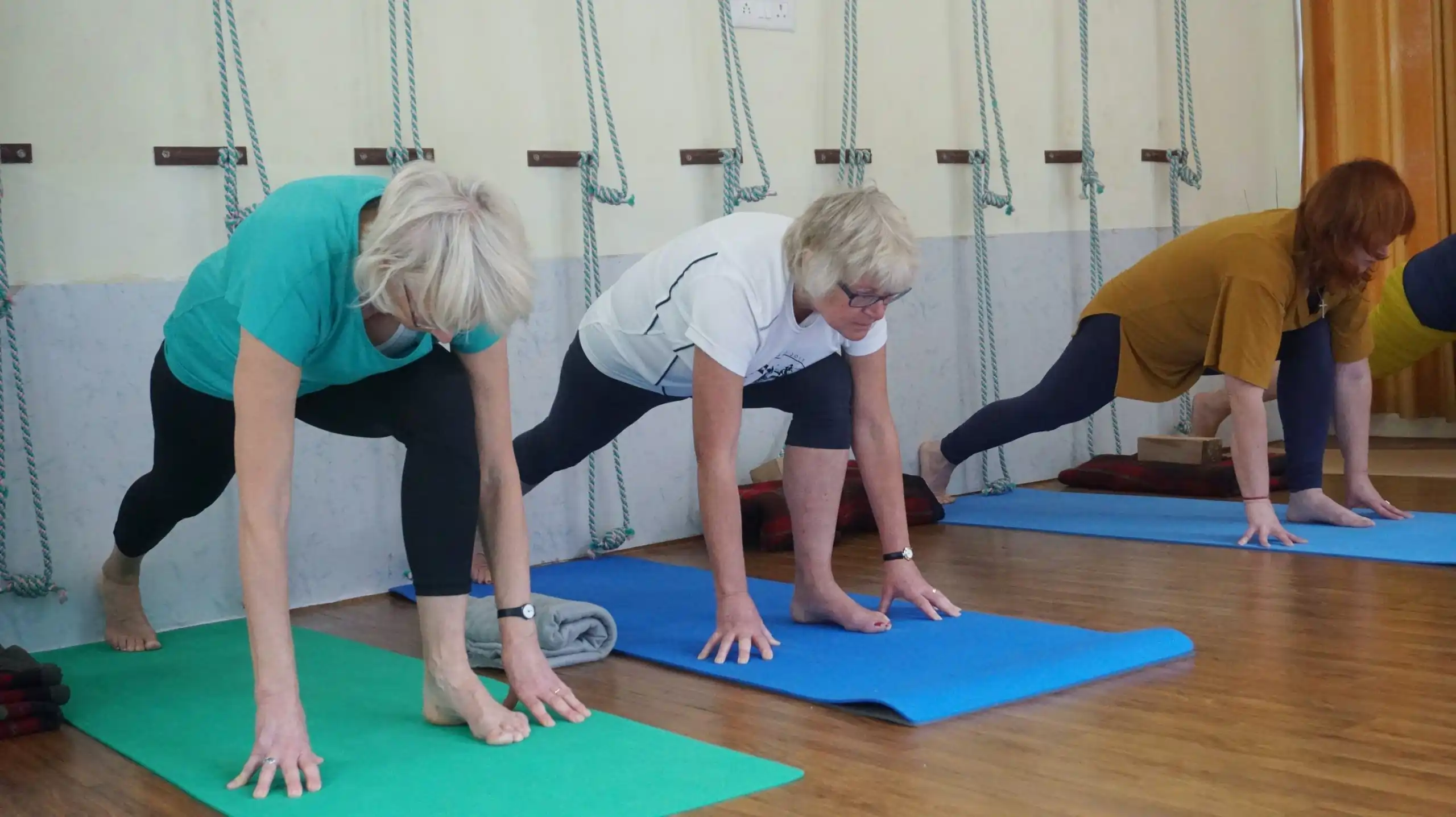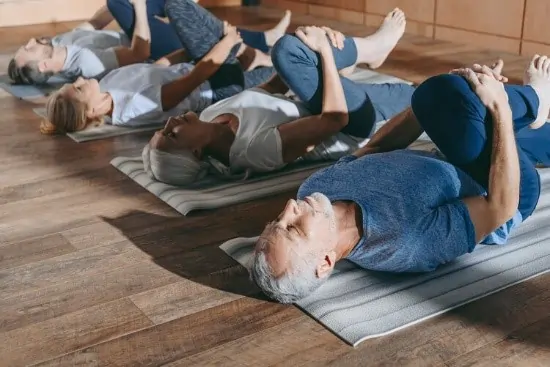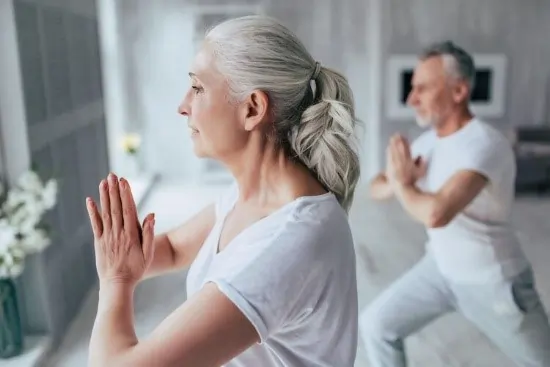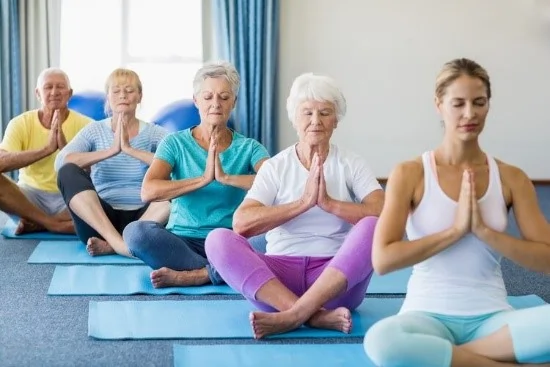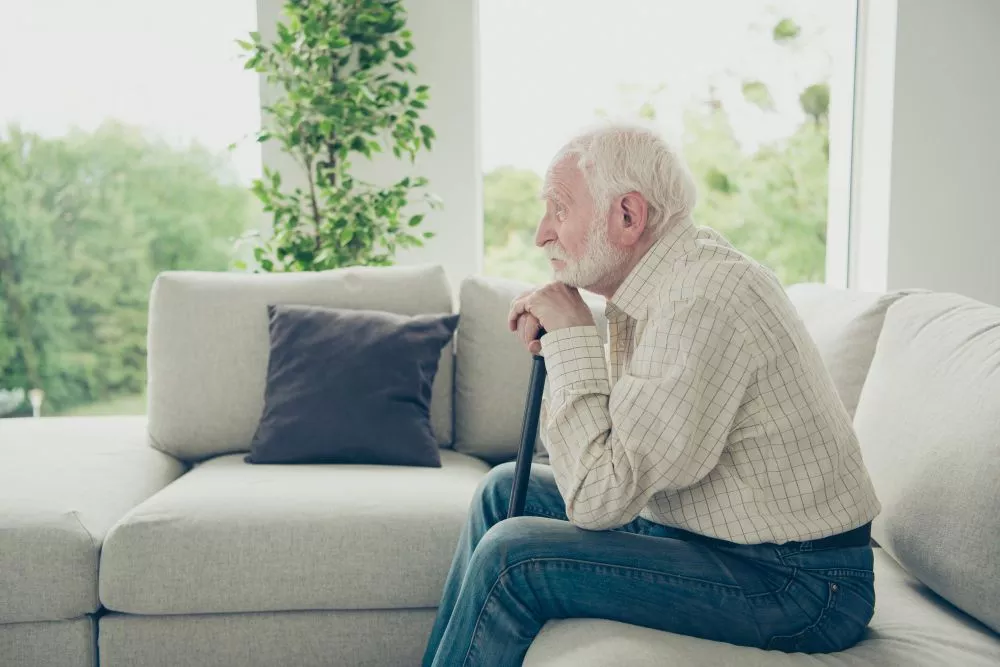The Effects Of Yoga On Alzheimer’s
The effects of yoga on Alzheimer’s
The world is experiencing the first significant population aging crisis in its history. By 2050, there will be over 2 billion people aged 60 and older and cognitive impairment will become more prevalent as the older population grows.
Yoga and other Mind-body interventions like tai chi, mindfulness, and meditation have become popular methods of stress relief all around the world. The Yoga Alliance reports that the number of yoga practitioners has risen from 20,4 million to 36 million. The number of practitioners over the age of 50 is also on the rise, with over 14 million people.
Researchers have recently discovered that yoga can improve cognitive functions associated with aging. A study by Gothe et al. compared the effects of yoga on cognition over a period of 8 weeks among 118 community-dwelling older adults. It was seen that the yoga group had a significantly better executive function, working memory, and mental-set shifting productivity than the control group.
In another study, they compared 87 nursing home residents with wait-list control groups over six months. In comparison with the wait-list control group, the yoga intervention group demonstrated greater improvements across cognitive domains.
Another study suggested that Yoga contributes to improved verbal memory performance and memory enhancement training.
Randomized clinical trial of yoga-based intervention in residents from elderly homes: Effects on cognitive function. Hariprasad VR. Psychiatry. 2013
Changes in Neural Connectivity and Memory Following a Yoga Intervention for Older Adults: A Pilot Study. J Alzheimers Dis. 2016
What Yoga Can Do For Older Adults?
Yoga instructors combine stretching and strengthening poses with breathing exercises and relaxation to create an ideal mind-body connection. Despite yoga’s Eastern roots, it is primarily a form of physical exercise adapted for the West. Even though it has a spiritual dimension, it is not overtly religious. All people can benefit from yoga, regardless of their faith or belief system.
Yoga poses can be modified or adapted so that seniors, regardless of their fitness level or physical ability, can safely practice them. Exercises such as jogging and weightlifting place a lot of strain on the joints. Yoga, however, can provide a strong and healthy body without such complications.
Yoga can provide many benefits for seniors, including:
- An improved balance: The goal of many yoga poses is to improve a stable foothold that would reduce the risk of falling. Practicing these poses strengthens the abdominal muscles and enhances core stability.
- Enhanced flexibility: Stretching through yoga is an ideal exercise for seniors. Continuing to hold a pose for several breaths allows the muscles and connective tissues in the body to relax and loosen, which helps the range of motion in the joints. Research published in the International Journal of Yoga Therapy shows that regular yoga practice enhances the overall flexibility of seniors.
- A more enhanced breathing experience: Through yoga’s breath control practices, a person can increase lung capacity and improve lung health. In clinical studies, seniors who practiced yoga three times a week saw significant improvements in their respiratory functions.
- Sturdier bone structure: Elderly people often suffer from osteoporosis or brittle bones. Bone strength can be improved by practicing yoga poses that involve weight-bearing. Yoga may even help postmenopausal women rebuild bone density, as some promising research suggests.
- Relaxation and stress reduction: Meditation and mindful breathing are part of yoga’s approach to help you find inner peace. Research has shown that yoga can reduce stress hormone levels and symptoms of anxiety and depression. Nearly 85 percent of people who practice yoga report feeling less stressed afterward, according to a study by the National Institutes of Health.
- Increasing sleep quality: Senior citizens who practice yoga report reduced sleep disturbance. Researchers in Alternative Therapies in Health and Medicine examined the effects of yoga sessions for twice a week classes for insomniacs over age 60. Three months later, both the duration and quality of the group’s sleep had markedly improved.
Sources:
The effects of an 8-week Hatha yoga intervention on executive function in older adults. Gothe et.al. Biol Sci Med Sci. 2014.
Randomized clinical trial of yoga-based intervention in residents from elderly homes: Effects on cognitive function. Hariprasad VR. Psychiatry. 2013.
Changes in Neural Connectivity and Memory Following a Yoga Intervention for Older Adults: A Pilot Study. J Alzheimers Dis. 2016.


